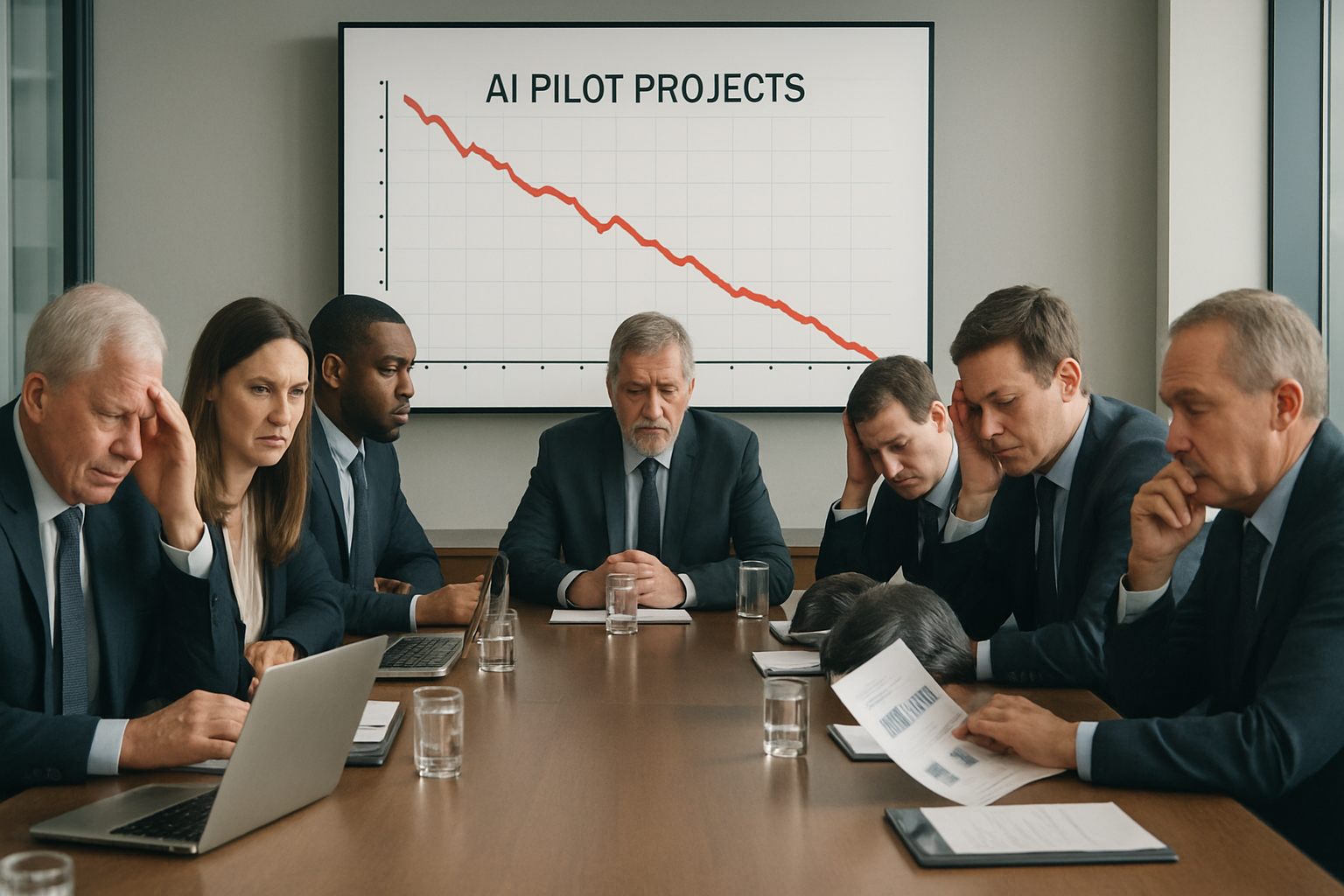The delivery sector in Istanbul is witnessing unprecedented growth, driven by technological advancements and evolving consumer behaviors. As the city embraces digital transformation, delivery services have become integral to its economic fabric, reflecting broader global trends in urban consumption.
Booming Delivery Market
With a population exceeding 15 million, Istanbul is Turkey's economic epicenter. The city's delivery market has grown by leaps and bounds, fueled by increased smartphone penetration and a burgeoning middle class. Platforms like Yemeksepeti and Getir have become household names, revolutionizing how Istanbulites access food and goods.
In my experience, what's really changed since 2023 is how these services have penetrated even the most traditional neighborhoods. My elderly neighbor - who used to shop exclusively at the local bakkal - now gets her groceries delivered twice weekly through Getir!
Economic Implications
The rise of delivery services is reshaping employment patterns, creating thousands of jobs and contributing significantly to the city's GDP. According to the Istanbul Chamber of Commerce, the delivery sector's contribution to the economy has increased by 30% over the past five years.
Technological Integration
"The integration of AI and data analytics in logistics is a game changer for Istanbul's delivery market," notes Dr. Serkan Yılmaz, a logistics expert. "These technologies enhance efficiency and customer satisfaction, propelling the sector forward."
The real innovation isn't just in the apps themselves, but in the backend systems. Companies are now using predictive analytics to position delivery personnel before orders even come in - cutting average delivery times from 28 minutes in 2023 to just 19 minutes today.
Future Outlook
As Istanbul continues to modernize, the delivery sector is poised for further growth. The focus will be on sustainability and innovation, with companies investing in eco-friendly technologies and AI-driven solutions to meet rising consumer demands. There are still challenges though - traffic remains a persistent problem, and labor activists continue pushing for better conditions for delivery workers.




